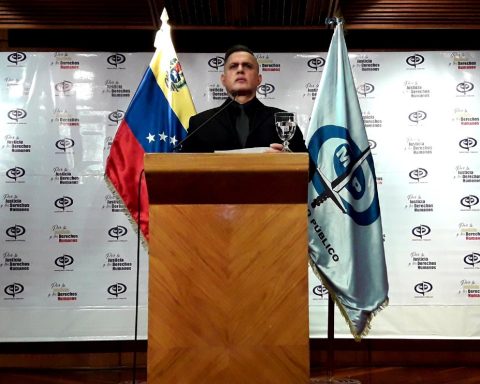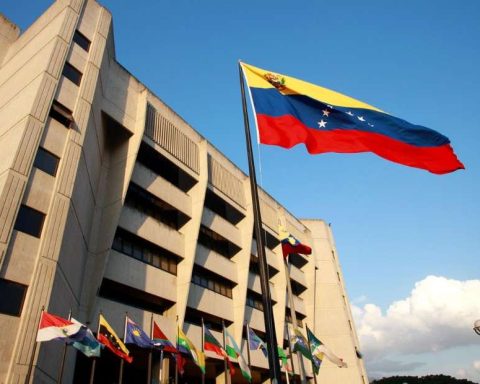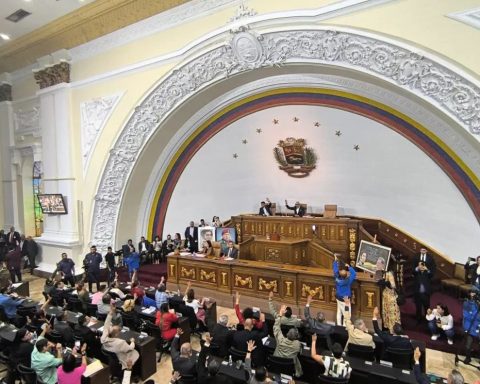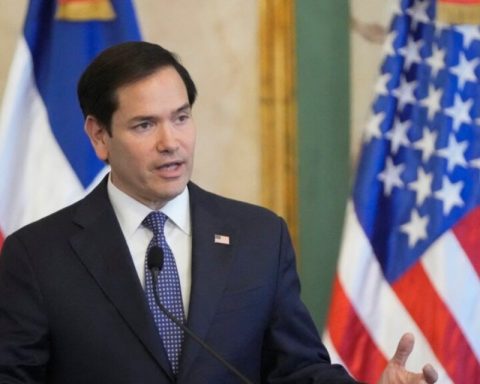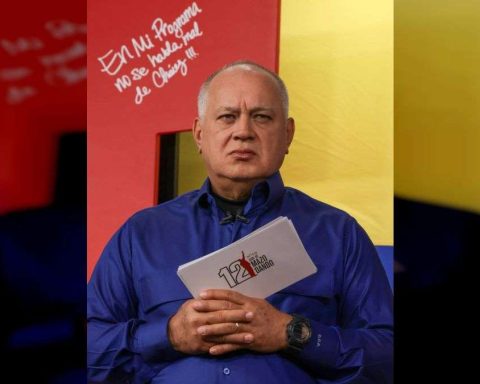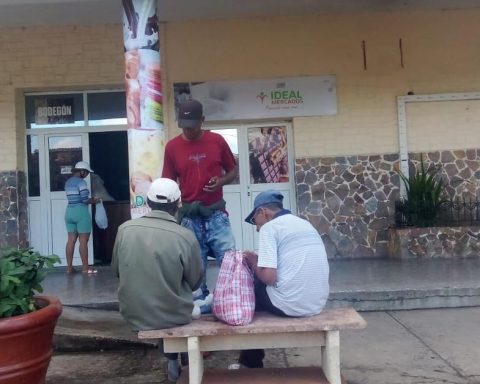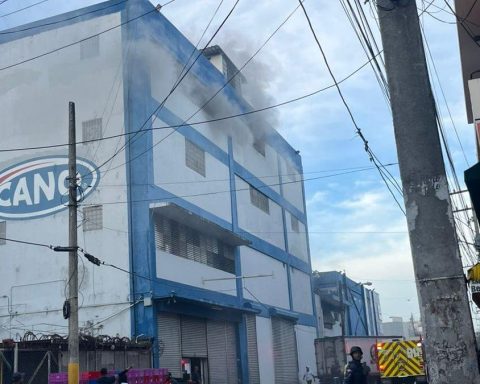Golindano confirmed that an Iranian company is the one that will carry out major maintenance work at the El Palito refinery. He said it’s a “group” of people going on “a break.” In addition, he warned that there are not enough trucks to supply the service stations.
The deputy of the National Assembly elected in December 2020 Williams Golindano denied this Thursday, June 2, that Petróleos de Venezuela (PDVSA) is going to fire some 800 workers who work at the El Palito refinery, information that workers of these facilities denounced this situation to supposedly be replaced by private contractors.
Golindano indicated that the El Palito refinery must stop its production in order to maintain the facilities that guarantee its operation; actions that must be done each year to be able to do it.
He confirmed that this refinery will have investment from an Iranian company to carry out maintenance work at El Palito. “That 800 workers are going to be fired is totally false. There are assumptions that union leaders say that every day they say that the collective agreement is being violated (…) but tomorrow they come out saying that this is totally a lie (…) we have to be very careful with these types of leaders who come out every day to attack”.
In this sense, he warned that these people denounced the lack of a supposedly qualified spokesperson to speak about the situation of these 800 workers. He expressed that Wills Rangel has come out to show his face on this issue and denying that “matrix of opinion created through the opposition” which, in his opinion, is done to keep the workers demotivated and demobilized.
Williams Golindano asserted that several of the workers at the El Palito refinery are going to go on “a break” because they have expired vacations, compensatory days off, that “they need to take a break.” For this reason, he said that while they do the maintenance, “they will be enjoying their collective rights.”
He reiterated that it is false that skilled labor will be replaced, saying that this information is false and that it is part of an opinion matrix. “Those alleged union leaders, you review any union organization in the oil sector and none of them belong to a union delegate,” he accused.
*Also read: Reuters: Iranian company signs million dollar contract to reactivate El Palito refinery
He believes that this is part of manipulations to say that the collective agreement is being violated to force the ILO to come to Venezuela again due to the alleged mass dismissal that would take place in El Palito. He even says that the number of 800 workers is false. “Only some,” he confirmed.
On the other hand, Williams Golindano indicated that, although he said that oil production remains in optimal conditions, he stressed that the amount of oil production in the country was “lowered” in order to “preserve the wells” because the tank park storage are full.
He asserted that the quota of one million barrels per day has been met, while saying that they are waiting for “allied governments” to send their tankers and take oil to refill it. Therefore, he asserted that what exists in Venezuela is “overproduction.”
Regarding the distribution of fuel in the country, the parliamentarian explained that there are problems with some pumps of the pipelines that take it from the refineries to the tanks, which forces them to use the trucks to transport them to the service stations. Currently they have a “weakness” which is the maintenance of the units and he believes that there is a high percentage of lack of transportation.
«There is a deficiency of haulage transport to service stations. That is why you see that sometimes they do somersaults. For a state that should correspond to it (…) For the Monagas state, where I belong (…) There are 27 daily trucks that have to supply the state to meet the internal satisfaction of Monagas, but now we can have six, seven, 11. You have to do like a pool, which service station is it today and that’s why we find queues, “he denounced in VTV.
Golindano suggests replacing the fleet of these trucks and for now they have to make agreements with private companies or ask the service stations, which operate on loan and have trucks, to put them to work.
Post Views:
131

